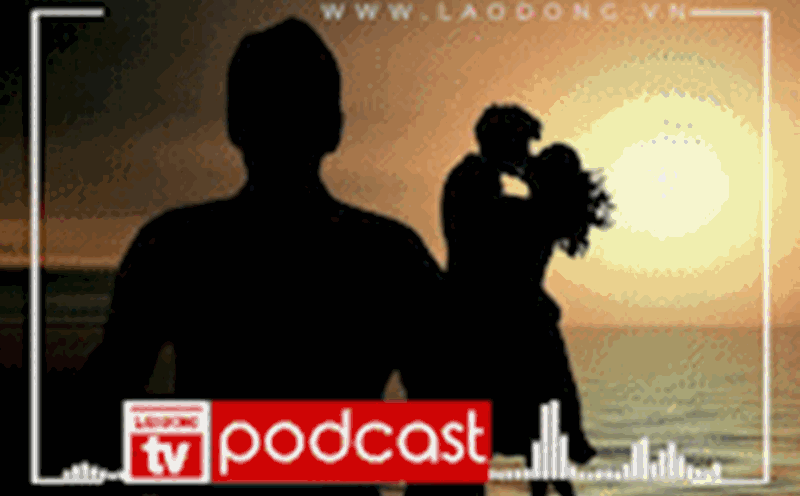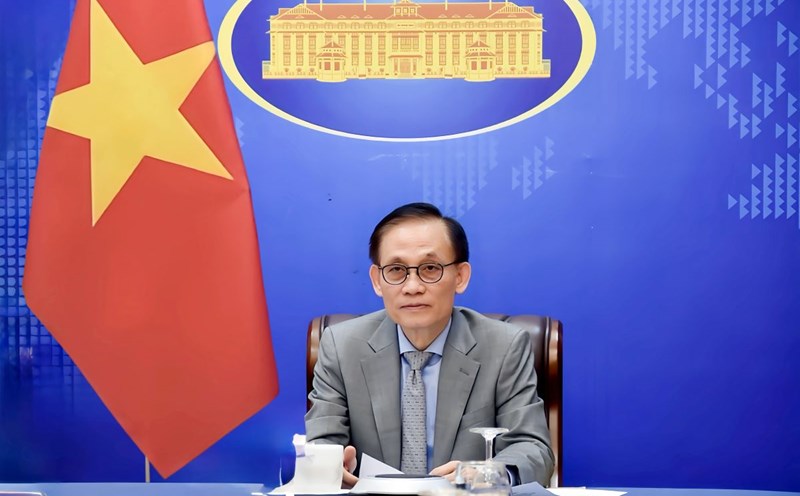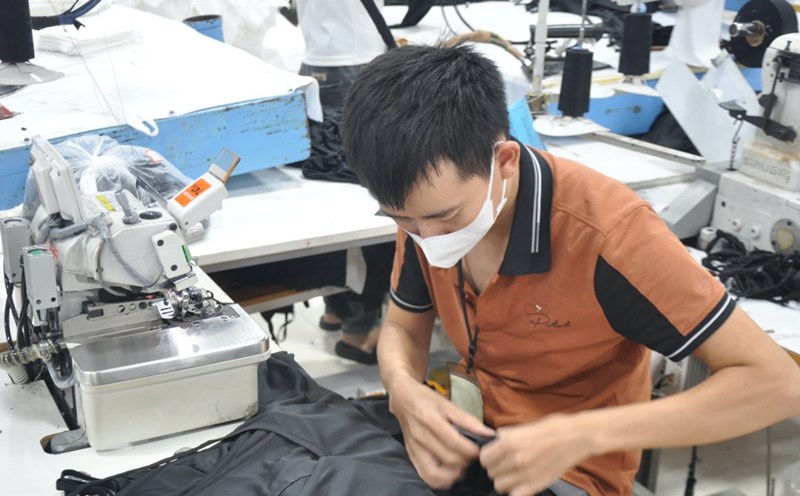On September 11, in Ho Chi Minh City, the National Assembly's Committee on Culture and Society (UBV&XH) held an expert consultation seminar on the draft Press Law (amended).
In his opening speech, Mr. Trieu The Hung - Deputy Head of the VH&XH People's Committee - said that after 8 years of implementation, the 2016 Press Law and its guiding documents have revealed many limitations, no longer suitable for the new context.
In addition, the strong development of the internet, social networks, digital technology; the process of arranging the state apparatus, merging administrative units; as well as the requirement to form large press agencies capable of leading and orienting information... pose an urgent requirement to amend the law.
According to Mr. Hung, the draft Press Law (amended) is expected to be submitted to the National Assembly for approval at the 10th Session (October 2025). As the agency in charge of the review, the VH&XH UB has worked many times with the drafting agency, ministries, branches, localities and experts to receive opinions.
At the seminar, delegates focused on discussing many important contents. One of the issues of concern is the concept and classification of types of journalism, from print, radio, television to electronic journalism.
In addition, the model of multi-medium main media agency is also put on the scale to assess its suitability with reality, especially in the locality, as well as the mechanism and operating policies.
Many opinions say that the scope of licensed press agencies is currently too wide, causing a large number of press agencies but uneven quality, overlapping principles and purposes, making it difficult to manage and distribute resources.
The issue of press activities in cyberspace was also mentioned, as technology has just opened up many opportunities but at the same time poses great challenges in terms of legality and management; the draft law has initially added a number of regulations to meet this requirement.
In addition, delegates also commented on many other contents such as regulations on prohibited acts, the authority of the press management agency, license revocation, representative office organization, permanent agency as well as digital transformation roadmap in the field of journalism.
In his closing speech, Mr. Trieu The Hung highly appreciated the profound comments, close to the reality of experts and delegates. He emphasized that the Law needs to stipulate basic principles, long-term stability, while issues that are prone to change will be concretized in sub-law documents to ensure flexibility.
In particular, regarding financial mechanisms, he proposed to clarify the level of autonomy of press agencies, the limit of State investment and the scope of socialization. This is a key issue for the press to both play an informed orientation role and have conditions for sustainable development in the market mechanism.
"When promulgated, the Press Law (amended) must be put into practice, becoming an important turning point in press activities, helping press agencies have the capacity to lead and orient public opinion in the new period" - Mr. Trieu The Hung affirmed.











